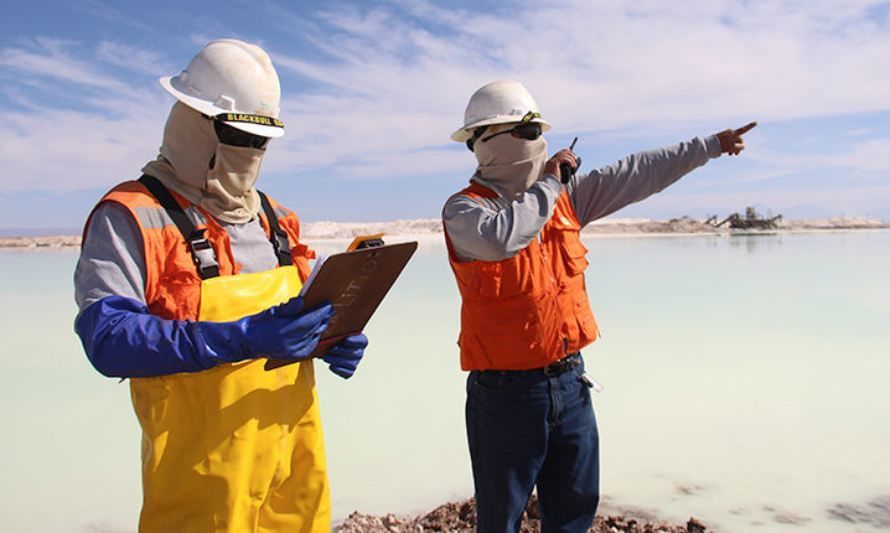
In the dynamic landscape of the mining industry, suppliers are increasingly looking beyond their home borders for growth opportunities.
The challenge of internationalizing the production of mining suppliers looms for many industry players, expanding operations in mining powerhouses like Australia, USA, or Canada. In an increasingly globalized market, mining and its extensive network of suppliers seek avenues to internationalize products and services, targeting mining districts in Canada, Australia, or Peru.
How is this challenge envisioned? In an industry employing over 180,000 people, the growth potential remains largely untapped. According to ProChile's latest report, 87% of mining supplier exports head to Latin America, with a key goal of becoming leaders in mining solutions. However, efforts, as per the same organization, are also focused on establishing a presence in markets such as Australia, the USA, and Canada.
The internationalization of mining suppliers, however, comes with a set of formidable challenges that require strategic vision.
Regulatory Complexity:
One of the foremost challenges is the intricate web of regulations that govern mining activities globally. Each country has its own set of rules regarding environmental standards, safety protocols, and operational procedures. Navigating this regulatory complexity demands meticulous research and compliance efforts to ensure adherence to diverse legal frameworks.
Cultural Nuances and Stakeholder Engagement:
Successful internationalization in mining hinges on effective collaboration with local communities, governments, and stakeholders. Understanding and respecting cultural nuances is paramount for building trust and positive relationships. Language barriers, communication styles, and local business practices must be considered to foster sustainable partnerships.
Infrastructure Disparities:
Infrastructure plays a pivotal role in mining operations, and disparities in infrastructure between countries can pose significant challenges. Reliable transportation, energy, and communication networks are essential for smooth operations. Suppliers may face logistical hurdles in regions where infrastructure is underdeveloped or lacks the necessary capabilities.
Geopolitical Considerations:
The global political landscape introduces an additional layer of complexity. Political stability, trade policies, and international relations can impact the success of mining suppliers operating globally. Unforeseen geopolitical events may lead to regulatory changes or create uncertainties that affect the business environment.
Financial Management:
Financial considerations are crucial in the internationalization process. Currency exchange rate fluctuations, economic downturns, and access to funding can impact the financial viability of expanding operations internationally. Prudent financial management is essential to navigate economic uncertainties and ensure the sustainability of international ventures.
The internationalization of mining suppliers is undeniably challenging, but with careful planning and strategic foresight, companies can overcome these hurdles. Success in this endeavor requires a comprehensive understanding of regulatory landscapes, proactive cultural adaptation, adept management of infrastructure disparities, consideration of geopolitical factors, and robust financial planning. As the mining industry continues to evolve globally, suppliers must be agile and resilient in their pursuit of international growth.




